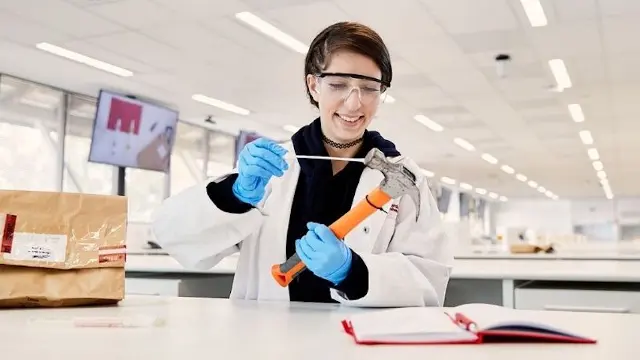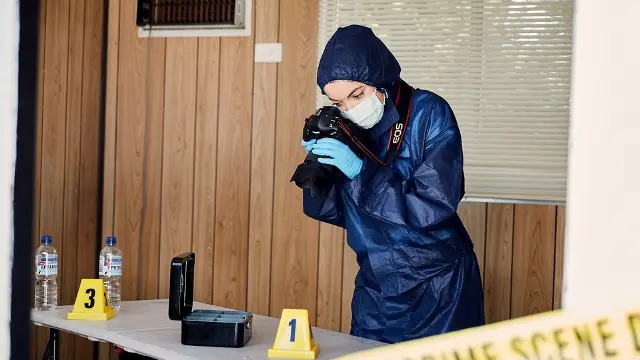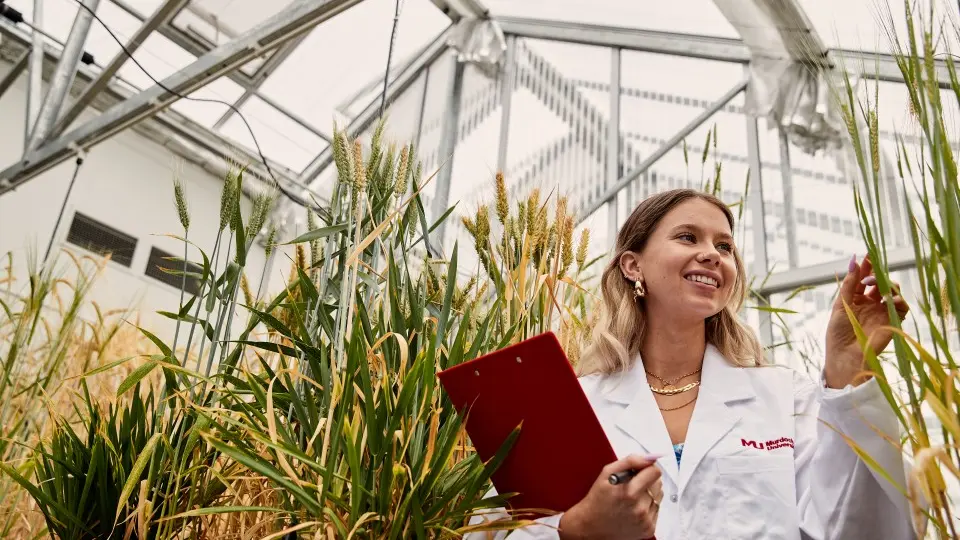Featured medical, molecular and forensic science courses
.tmb-640-16x9c.webp?Culture=en&sfvrsn=7f152a98_1)
Bachelor of Biomedical Science
Experience hands-on laboratory and practical learning that integrates with theoretical knowledge, preparing graduates for a successful career in the biomedical sciences.
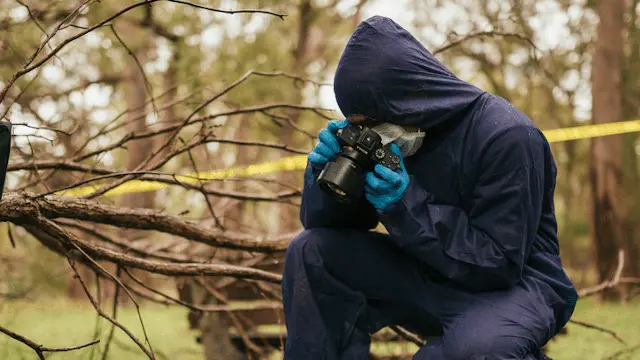
Bachelor of Forensic Science
Murdoch's forensic science programs cover a wide range of disciplines, including forensic biology, toxicology, forensic chemistry, and digital forensics.
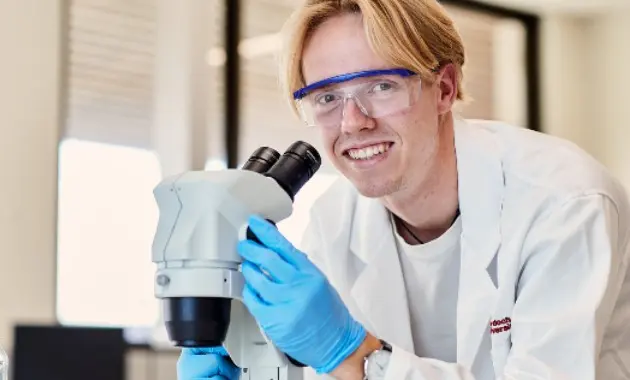
Master of Food Science
Are you looking to advance your career in the food industry? A Master of Food Science is for you. Up skill with professional training in food safety, food engineering and food product design.
Why study medical, molecular and forensic sciences at Murdoch University?
Our comprehensive curriculum covers an exciting range of disciplines such as Biomedical Science, Laboratory Medicine, Clinical Laboratory Science, Forensic Chemistry, Genetics and Molecular Biology, Forensic Biology and Toxicology, and Food Science and Nutrition.
Find out more about the School of Medical, Molecular and Forensic Sciences.
Learning environment
Courses are offered at both undergraduate and postgraduate levels, with the opportunity to progress to higher degrees by research. Supported by clinical, academic and industry partners, plus with strong links to Murdoch University’s world-class research centres including the Food Futures, Health Futures and Harry Butler Institute, the School of Medical, Molecular and Forensic Sciences takes a very hands-on approach to learning.
Career opportunities
Students have the chance to analyse simulated crime scenes at Murdoch University’s own Whitby Falls Farm, study techniques in state-of-the-art laboratories which are located in a technological precinct that includes the Anti-microbial Resistance and Infectious Disease Laboratory, and the Australian National Phenome Centre, and help solve real-life homicide and missing persons cases through the Cold Case Review initiative.
Not only could I study a Bachelor of Science in Forensic Biology and Toxicology, and a Bachelor of Criminology, but I had the opportunity to study them as a combined degree.
Danika Bonannella
Medical, Molecular and Forensic Sciences
